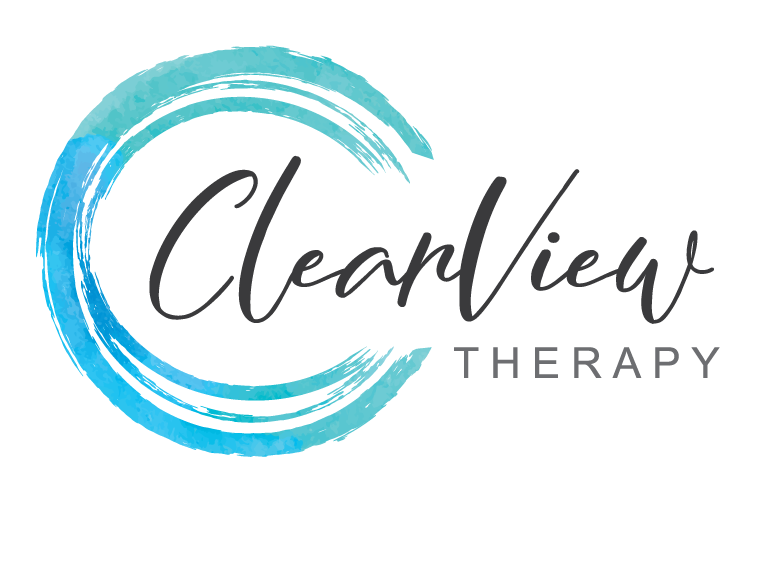growing together
as a couple
Changes in your relationship can be scary and incredibly stressful at times! However, it also serves as an opportunity to grow individually, and together as a couple.
Couples therapy is a type of therapy designed to help couples improve their relationship, manage conflicts, and achieve greater intimacy and connection. Through therapy, couples can explore their feelings and experiences in a safe and supportive environment, and learn new communication and problem-solving skills that can help them navigate challenges and strengthen their relationship. Therapy can be helpful for couples at any stage of their relationship, whether they are facing specific challenges or simply want to strengthen their bond.
During therapy sessions, the therapist works with the couple to identify patterns of behavior and communication that may be contributing to their problems, and helps them develop strategies to improve their relationship. The therapist may also provide tools and techniques to help the couple navigate difficult conversations and conflicts in a constructive and productive manner.
Couples therapy is a collaborative process that requires both partners to actively participate in the process. While it can be challenging at times, it can also be incredibly rewarding for couples who are committed to improving their relationship.
If you and your partner are struggling to connect or are experiencing challenges in your relationship, couples therapy can help. With the guidance of a skilled therapist, you and your partner can work together to improve your relationship and create a stronger, more fulfilling partnership.
“there is no guilt or shame in hitting a rough patch. it can be the jolt your relationship needs to come out stronger and more valued on the other side”
John Gottman (Gottman Institute)
How do I know if my partner and I should seek couples therapy?
Although every relationship is different, here are some common reasons people seek couples therapy:
Communication problems
Trust issues
Intimacy issues
Conflict Management
Life transitions
Differences in values or goals
Relationship boredom
Parenting issues
Pre-marital counselling
What approach does Tereena take when working with couples?
At Clear View Therapy, several therapeutic approaches are used to inform my work with couples, however my approach to couples therapy is primarily informed by the Gottman Method for Couples Therapy. The Gottman Method for Couples therapy is a research-based approach that is widely recognized as one of the most effective forms of couples therapy available today. Developed by Drs. John and Julie Gottman, the method is grounded in over forty years of scientific research and has been successfully used with thousands of couples around the world.
The Gottman Method focuses on building a deeper understanding of each partner’s needs and emotions, and providing tools to help couples manage conflict in a healthy way. The approach emphasizes the importance of creating a positive emotional connection between partners, and developing a strong foundation of friendship, trust and intimacy. During therapy sessions, trained Gottman Method therapists use a range of techniques to help couples identify and address the issues that are affecting their relationship. Another important aspect of the Gottman Method is its use of practical skills and strategies that couples can use outside of therapy sessions.
Julie and John Gottman – Credit: The Gottman Insitute
What does the couples therapy process look like?
Couples therapy typically begins by scheduling three sessions:
Session
01
The first session is 80 minutes in length and is used to initiate the assessment process for couples therapy.
As a part of the assessment process, the Gottman Relationship Check Up, an online assessment tool that scores the couples strengths and challenges is administered. This assessment tool is comprised of several questionnaires which assist the therapist to further assess, in more detail, the issues that the couple is struggling with. These questionnaires are completed prior to the third session.
Session
02
The second session is comprised of two 40-45 minute individual interviews to gather additional information for the assessment of the issues the couple is experiencing.
Session
03
The third session is 60 minutes in length and is scheduled with the couple and therapist. During this session the overall assessment and treatment plan is collaboratively discussed with the couple.
Follow Up Therapy
Sessions
Following the third session, couples schedule 60-80 minute follow up treatment sessions with their therapist as discussed during the treatment planning session. The number of sessions required is dependent on each couple’s therapeutic needs.
What if my partner doesn’t want to attend couples therapy?
It is not uncommon for one partner to not want to attend therapy. In this case, try and gently encourage your partner to attend at least the first session. Couples therapists are trained to work with partners who are not interested in pursuing therapy and will promptly let your partner know that their perspective and feelings are important and will also be heard. Reassure your partner that the therapist’s role is not to blame or judge either partner.
“conflict is an opportunity to learn to love our partner better over time”
Julie Gottman (Gottman Institute)
Ready to Start Your Couples Therapy Journey?
Schedule a free 15-minute call where I can learn more about you and how I can help.
